In The New York Review of Books, Sanford Schwartz considers Peter Schjeldahl’s unique contribution to art criticism.
“Schjeldahl addresses us in a conversational prose that moves from point to point with the speed and ease of some high-tech instrument. He is a writer whose colloquial approach masks both a rather uncolloquial feeling for the tautest way of getting his point across and a word connoisseur’s desire to show off his collection. He will drop into sentences ‘mystagogic,’ say, or ‘beamish,’ or present us with ‘accessory japes,’ ‘conjuries of tiny freehand strokes,’ or ‘forms of concerted indulgence.’ At the Venice Biennale he encounters ‘jet-lagged, hectic miens,’ while El Greco is called ‘a pictorial rhapsode of militant piety.’
“Schjeldahl’s voice is equally layered. It is one in which the teasing insouciance of the class wit�the writer who can note that Rubens’s nudes have ‘the erotic appeal of a mud slide’�is threaded together with a born ombudsman’s need to mediate between the issues of the moment (artists and what they are up to) and the community in his care (principally the art world but with a nod to anybody who might be tempted by a visit to a gallery or museum). Running alongside these Schjeldahls, and making him, confoundingly, as much an elitist as an egalitarian, is a less temperate writer whose quest is to pinpoint the highest artistic achievement, a subject he looks at aesthetically and morally. Schjeldahl can penetratingly conjure up the sensuous life of an artwork, but he is most engaged when he can feel an artist pushing his audience beyond merely formal delights. ‘Beauty isn’t beauty,’ he writes, ‘if it doesn’t inspire awe for a specific proposition about reality.’ We infer from his writing that the vast majority of artists who have lived do not expand our consciousness. And artists or artworks that are, as he says, merely ‘likable,’ or don’t have bite, are, in a phrase heard more than once, ‘more trouble than they are worth.'”

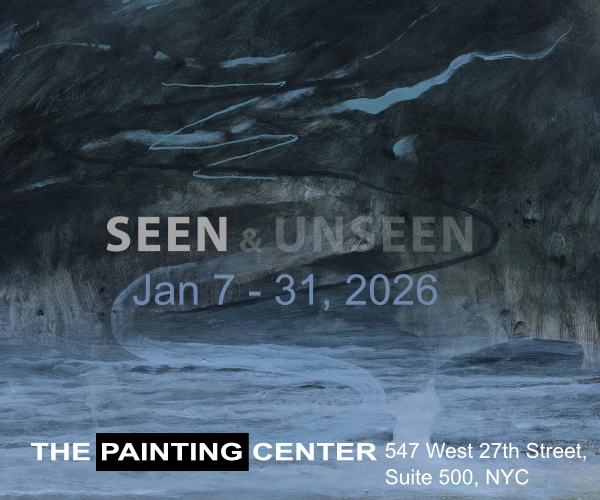


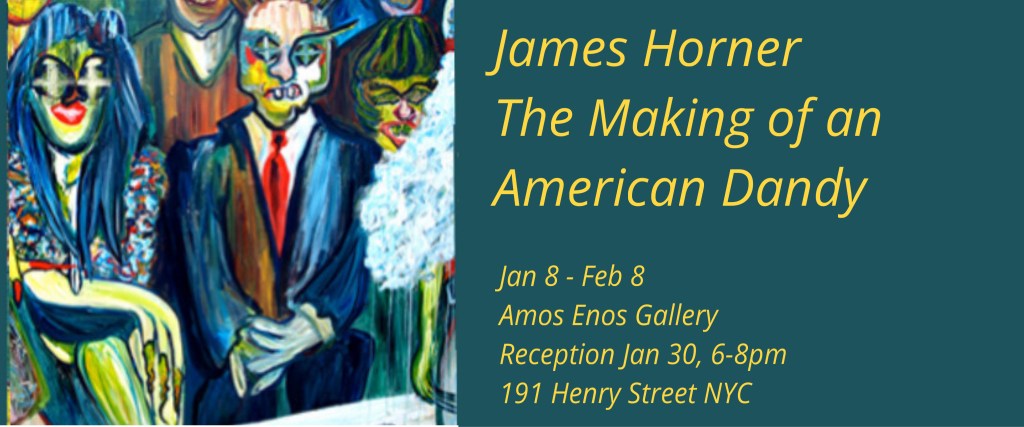
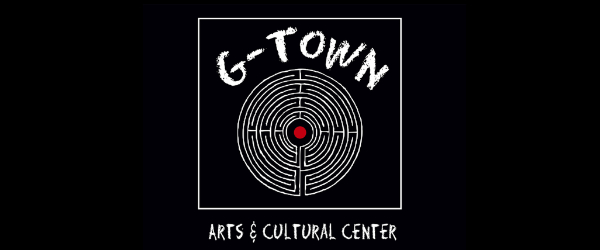
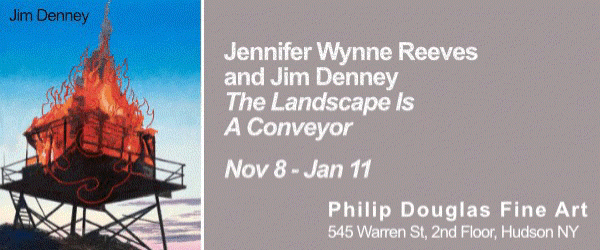












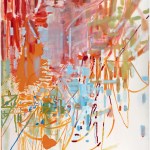
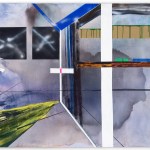
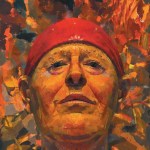
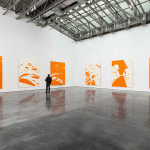
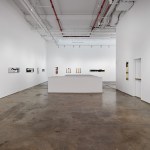
I wish he’d just retire.